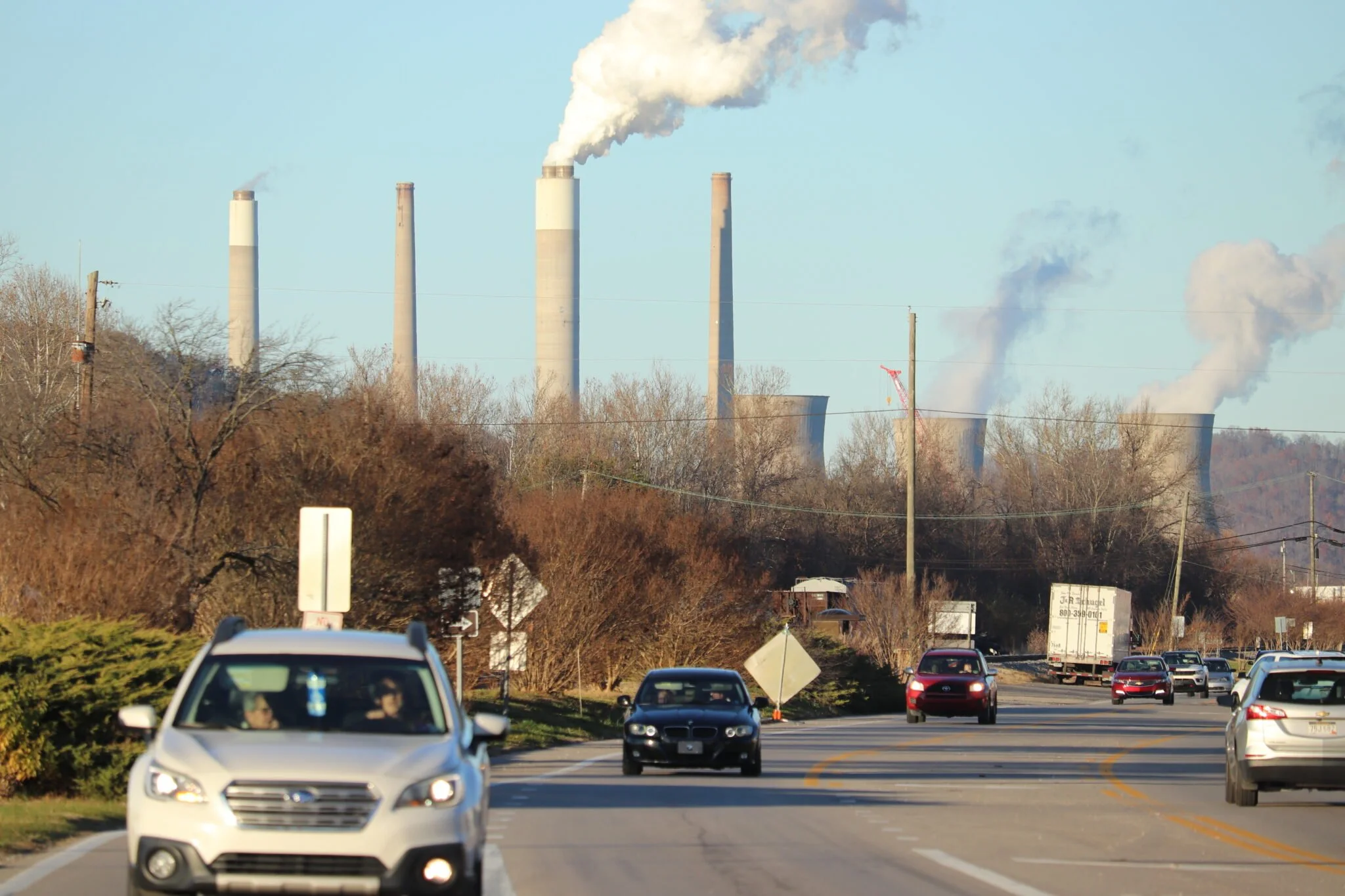Appalachian Power and Wheeling Power, subsidiaries of the national utility American Energy Power, are asking West Virginia energy regulators to approve a settlement allowing them to raise rates and make changes to net metering for owners of rooftop solar panels.
West Virginians to Rally and Speak Out Against AEP’s Proposed Rate Hike and Solar Net Metering Changes on June 17
On Tuesday, June 17, West Virginians from across the state will take action in response to Appalachian Power and Wheeling Power’s proposed base rate increase and drastic cuts to rooftop solar compensation. Residents will gather at a rally outside the Public Service Commission (PSC) in Charleston and at a community streaming and speaking event at the Ohio County Public Library in Wheeling to oppose the rate hike and support access to solar and energy freedom.
Coal Power Costs More Than It Did In 2021. $6 Billion More, Report Says
by Curtis Tate
The cost to generate electricity from coal has increased faster than the rate of inflation, a new report found.
It was 28% more expensive to generate electricity from coal last year than it was in 2021, according to an analysis by Energy Innovation Policy and Technology.
Electricity customers paid more than $6 billion more for the same amount of coal power in 2024 than they did in 2021.
PSC Schedules Public Comment Hearing For Appalachian Power Rate Case
West Virginia’s electricity prices could rise amid push for coal
Over the past 15 years, West Virginians have been shelling out more of their income each month on electricity bills. Now, as lawmakers continue to push a reliance on coal, with support from the Trump administration, advocates say they are worried about residents' bottom line.
Appalachian Power Still Has Too Much Coal, And It’s Costly
Appalachian Power continues to have high inventories of coal at its West Virginia plants, and that’s costing the company and electricity customers.
The company asked the Public Service Commission on Tuesday to recover $71.6 million in fuel costs for the 12-month period ending in February.
If approved, the average residential electricity customer would pay about $5 more a month.






